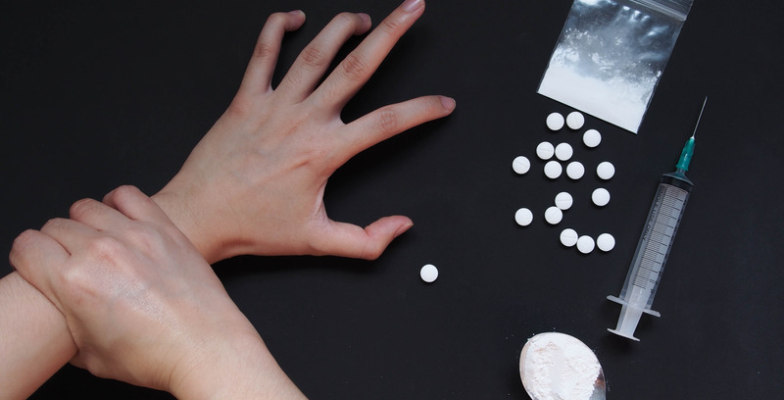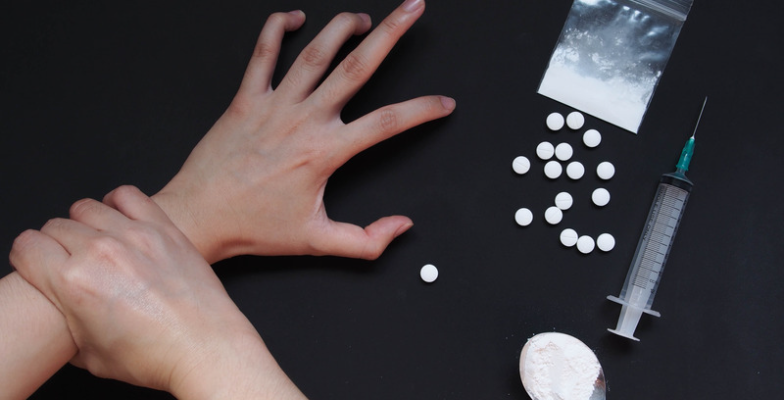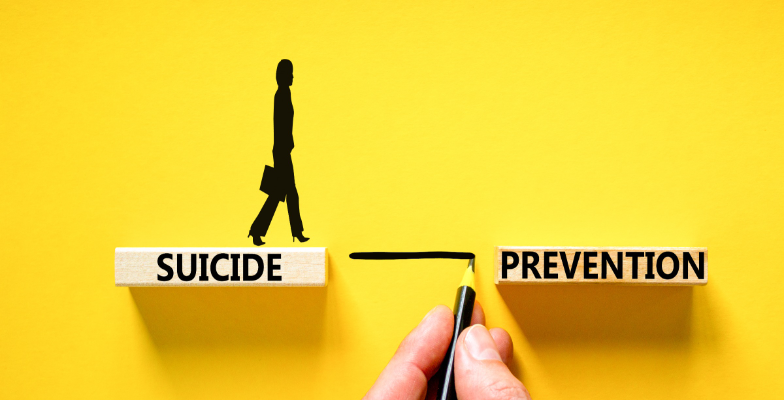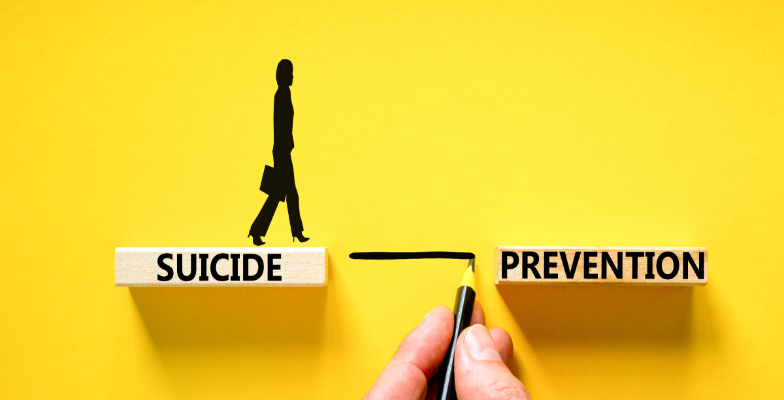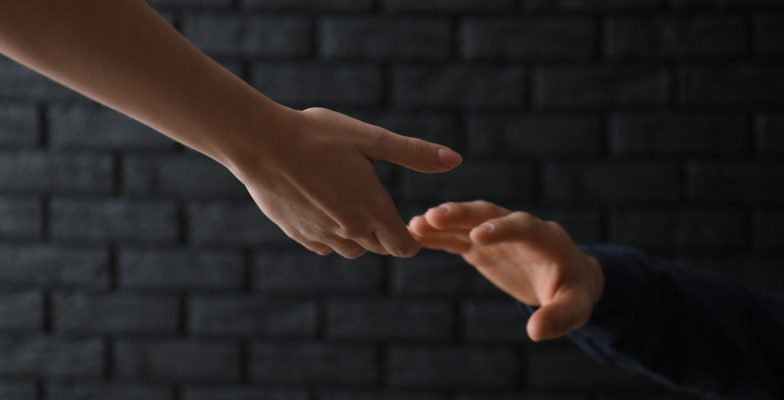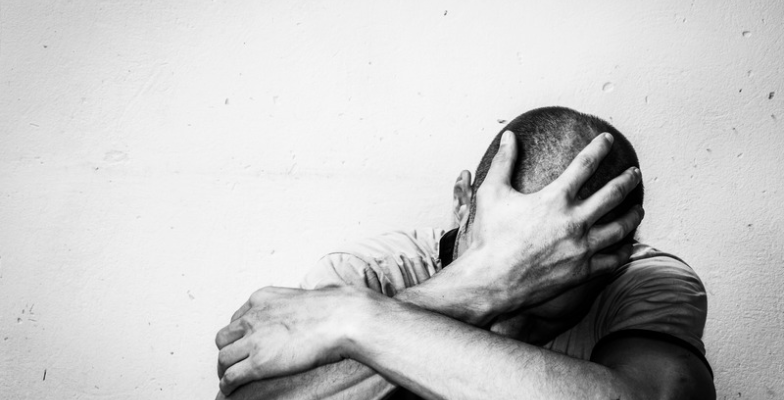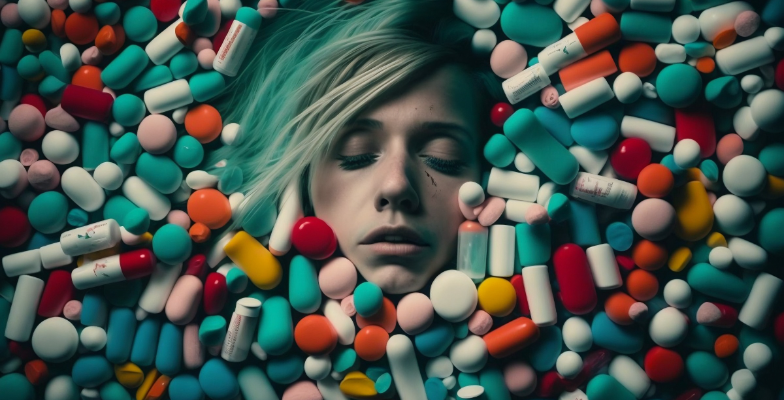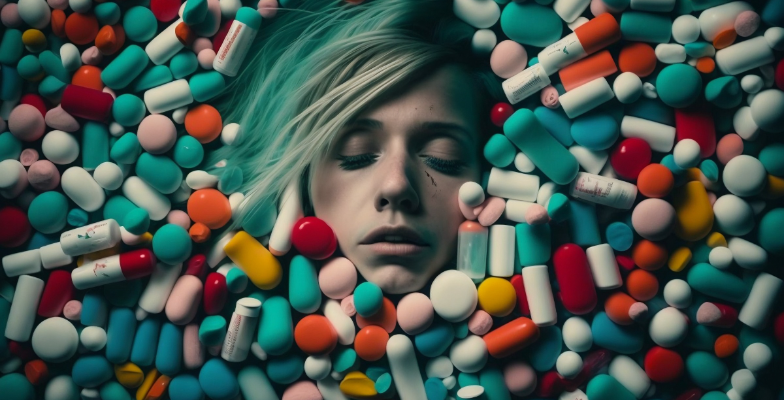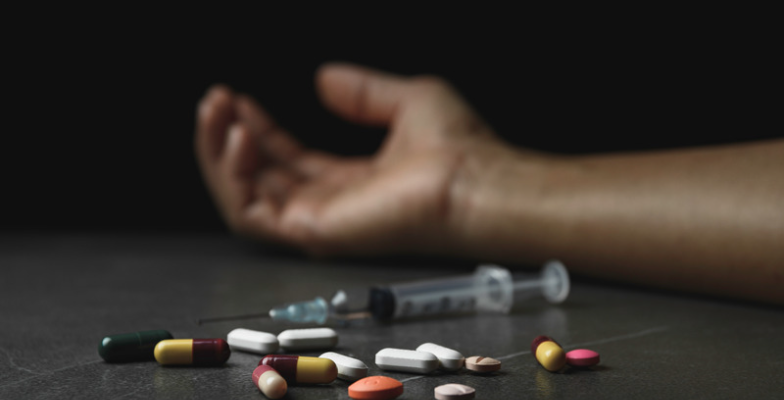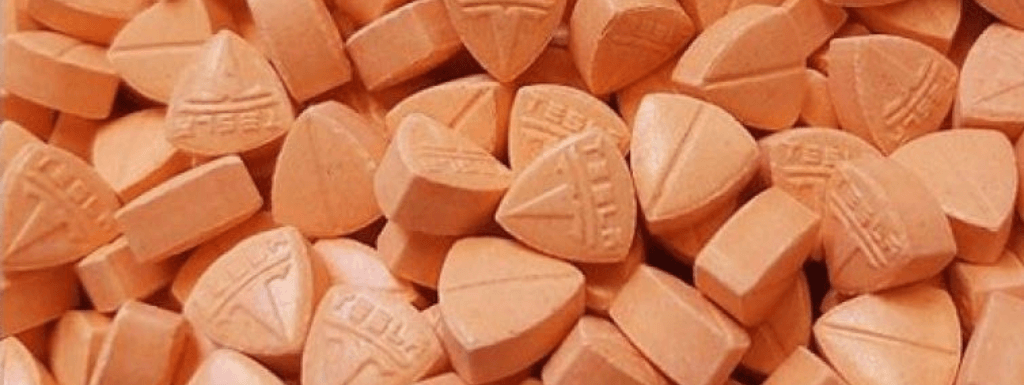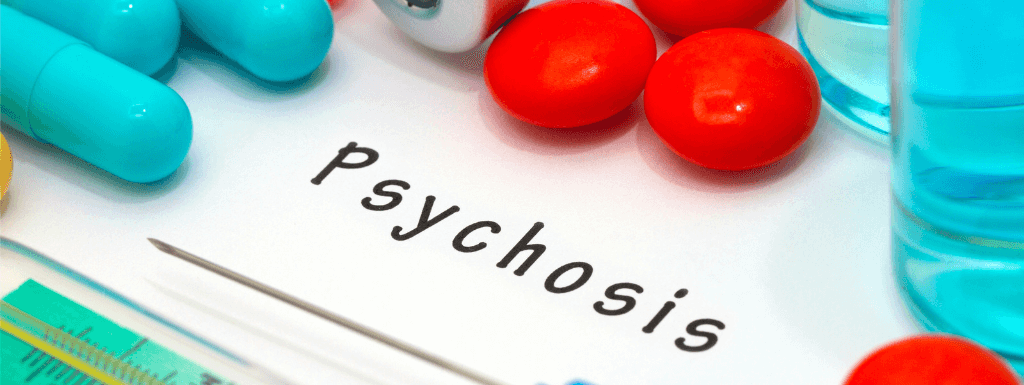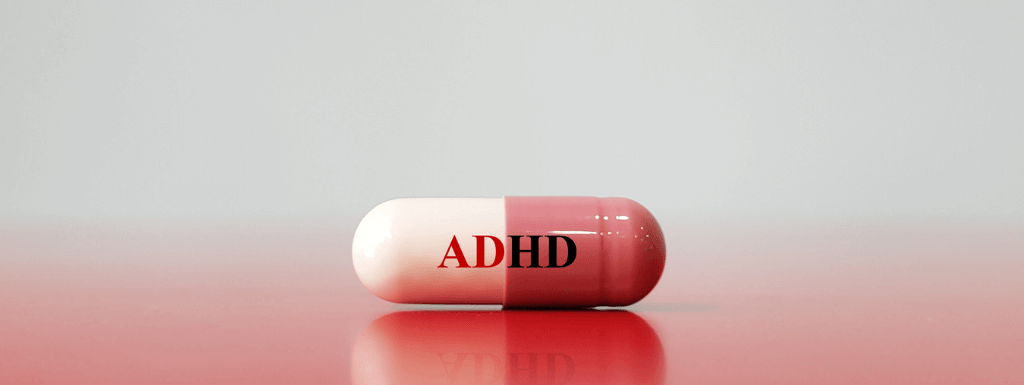The Best Alternative To Rehab in Knoxville, TN
Knoxville is home to 19th-century charm in the downtown district. Buildings lining the streets speak of a time long since passed. Several museums commemorate the Civil War battles fought on the land. Also, James White’s 1786 log cabin, Knoxville’s first permanent building, is visited by thousands of tourists yearly. White was the founder of Knoxville.
With all of Knoxville’s history, drug addiction has not left the city untouched. In 2021, the number of drug-related overdose deaths increased by 41%. Fentanyl is the most abused drug in Knoxville and contributed to most overdose deaths reported.
Marijuana was previously the most distributed drug in Knoxville. However, meth has taken the lead as of 2019, with 12,072 submissions in the county’s crime lab.
Alcohol also plays a part in drug abuse in Knoxville. Toxicology reports indicate that nearly 30% of all driving deaths involve alcohol. Since Knoxville is home to the University of Tennessee, unfortunately, many fatalities include teens and young adults.
The need for rehab programs with individualized treatment options is necessary for you or a family member. Southeast Addiction Tennessee offers the best alternative to rehab in Knoxville. Our dedication to substance use disorders (SUD) treatment and alcohol rehab make us a leader in the state.
Why Choose Southeast Addiction Center Tennessee
Our treatment facility is located in Nashville, TN. The city is known as the country’s music capital. But it is also home to some of the most advanced methods in drug addiction treatment services and addressing mental health issues.
Our clinicians work to improve your physical and mental health. We accomplish this by forming interpersonal relationships with our clients. In addition, we incorporate family therapy, so recovery extends outside of our facility. We empower each person to achieve lasting recovery.
When you commit to one of our programs, you can access support groups and a recovery community. You can expect to develop increased self-awareness and self-esteem and improve your coping skills and stress management techniques. The outcome is an enhanced overall quality of life.
Our evidence-based practices and holistic therapies reduce the risk of relapse and addiction-related side effects. You will receive a customized treatment plan tailored to your needs.
We welcome you to reach out to us to begin your recovery journey.
Southeast Addiction Center Tennessee’s Proximity to Knoxville, TN
There’s a saying that distance in a relationship makes the heart grow fonder. When it comes to addiction, distance makes recovery more possible. Nashville is a 3-hour drive to Knoxville. A gateway to substance abuse treatment and alcohol addiction health services.
Separating yourself from the triggers that led to drug use can open your eyes to a new way of living. You may think staying close to home is better because of the comfort you might feel. However, triggers can be challenging to overcome in the early stages of recovery.
We offer varying levels of care at our recovery center that will heal and repair you from the inside out. While it might be outside your comfort zone initially, our open arms will provide you peace, comfort, and a group of people who know exactly how you feel.
Treatment Programs at Southeast Addiction Center
We offer four levels of treatment at Southeast Addiction Center. When you meet with an admissions counselor, you will undergo a thorough assessment of your drug use and physical and mental health history. From there, we will recommend the best path for you. Our individualized care is unmatched by many facilities.
Partial Hospitalization Program
Our partial hospitalization program (PHP) in Nashville, Tennessee, is an addiction treatment program that provides intensive individual, group, and family therapy, medication management, and support services. These are essential to individuals struggling with substance abuse, co-occurring mental illness, and behavioral health issues.
PHP is our most intensive program. Also referred to as day treatment, our program operates during the day, allowing individuals to return home or to a sober living environment in the evenings. This level of care will enable individuals to continue to work, attend school, and participate in other activities while receiving treatment. PHP involves daily attendance for 30 total hours each week.
Intensive Outpatient Program
Our clients also work with their therapists individually weekly. While patients are not attending group therapy meetings or family therapy, they are free to participate in the meetings of their choice and seek employment or volunteer. Intensive outpatient for drug and alcohol treatment provides patients with a smooth transition from a treatment setting to continuing their recovery journey and living a happy and sober life. Family members can rest assured that their loved ones are getting the drug and alcohol treatment they need to make a change.
Sober Living
A sober living community is an ideal option for our clients with co-occurring substance use disorder. We understand the importance of treating both mental health and addiction. This dual diagnosis sometimes requires medication management as part of the treatment plan. Our sober living homes offer structured housing that provides additional accountability through drug tests and curfews. Sober living is often used in conjunction with PHP and IOP.
Medical Detox
Our detoxification program aims to guide clients through withdrawal as smoothly as possible when undergoing substance abuse treatment. One of the most challenging parts of addiction recovery starts with safely getting through detox. People often relapse because detox can have unpleasant and even dangerous side effects.
At Southeast Addiction Center Tennessee, we focus on professional care with a deep understanding of addiction management and mental health. We work closely with our clients to identify the most helpful treatments for maintaining sobriety after detox ends. We are equipped to manage detoxing from the most challenging substance abuse, including heroin and opioids, alcohol, benzodiazepines, cocaine, and prescription drugs.
Treatment Approaches at Southeast Addiction Center
We use evidence-based treatment and holistic practices to aid in addiction recovery. The Substance Abuse and Mental Health Services Administration (SAMHSA) guides us in incorporating these practices into our clinical practices.
Behavioral Therapies
- Acceptance and Commitment Therapy (ACT) combines mindfulness and acceptance strategies. The idea behind ACT is to focus on helping individuals develop mental and emotional flexibility and avoid making risky decisions.
- Cognitive Behavioral Therapy (CBT) makes individuals aware of attention and concentration problems. It improves their organization and time management. Our clients learn to break down tasks easier to manage their daily lives. CBT builds confidence and controls impulsive behavior.
- Dialectical Behavioral Therapy (DBT) helps individuals participate in their therapy. Professionals recommend DBT as a treatment because it effectively combines CBT, mindfulness, and acceptance strategies. DBT teaches essential skills for managing emotions, impulsive behavior, and relationships. Individuals set goals, track progress, and make decisions about their treatment.
Talk Therapies
- Family therapy helps treat mental illness. It provides understanding, support, and education for family members. It strengthens relationships by addressing the impact of addiction and mental illness on family dynamics.
- Group therapy is a respectful environment your therapist leads. It’s a way to hone your communication skills and learn from the stories of others. You become a better listener and think outside of yourself. Fellowship is vital in early recovery.
- Individual therapy sessions are the time between just you and your therapist. You work through the personal aspects of your mental health disorder. You can focus on facing your challenges.
- Motivational Interviewing (MI) involves a non-judgemental and empathetic conversation with a therapist to help increase our clients’ motivation to change their behaviors. By exploring each individual’s values, goals, and concerns, the approach identifies and reinforces self-determination to begin making more positive changes.
Holistic Therapies
- Acupuncture is the ancient Chinese practice of acupuncture that involves the insertion of thin needles into specific points on the body. The therapist will determine where to place the needles based on individual needs. Once they do, the energy flow, known as Qi (pronounced “chee”), follows pathways throughout the body to restore balance and promote health and well-being.
- Art therapy can include drawing, painting, sculpting, and more. It promotes self-confidence and self-esteem, doesn’t require dialogue, and is a judgment-free safe space. Art therapy fosters self-reflection, self-discovery, and emotional release, allowing individuals to gain insight into their addiction triggers and underlying issues. By integrating art therapy into a treatment plan, individuals can develop healthier coping mechanisms and improve overall well-being.
- Movement therapy involves physical activities such as dance, fitness, or martial arts to support healing and recovery. It helps individuals express emotions, reduce stress, improve body awareness, and develop healthy coping strategies as part of their treatment.
- Yoga is a therapeutic practice that alleviates the symptoms of addiction because of its positive impact on mental health. We combine physical postures, breathing exercises, and meditation to encourage our clients to be in the present.
What If Leaving Knoxville Isn’t an Option?
For some individuals, family, work, school, and other commitments can make it challenging to be away from Knoxville for an extended period. We aim to provide you with the resources you need regardless of where you receive it.
Below are options that allow you to enter a treatment program that fits your needs if leaving Knoxville isn’t an option.
Recovery and Drug Rehab Centers in and near Knoxville
- Cornerstone of Recovery
1214 Topside Rd, Louisville, TN 37777 - Cherokee Health Systems – Center for Addiction Recovery
2018 Western Ave, Knoxville, TN 37921 - Helen Ross McNabb Center
5310 Ball Camp Pike, Knoxville, TN 37921
- The Patricia Neal Rehabilitation Center
1901 Clinch Ave, Knoxville, TN 37916 - Cornerstone Recovery
7648 Dannaher Dr, Powell, TN 37849 - Focus Healthcare of Tennessee
7424 Taggart Ln, Knoxville, TN 37938 - Brookhaven Retreat
1016 Ic King Rd, Seymour, TN 37865
Hospitals in and near Knoxville
- University of Tennessee Medical Center
1924 Alcoa Hwy, Knoxville, TN 37920 - Fort Sanders Regional Medical Center
1901 Clinch Ave, Knoxville, TN 37916 - Tennova Healthcare – North Knoxville Medical Center
7565 Dannaher Dr, Powell, TN 37849 - Tennova Healthcare – Turkey Creek Medical Center
10820 Parkside Dr, Knoxville, TN 37934 - Parkwest Medical Center
9352 Park W Blvd, Knoxville, TN 37923 - East Tennessee Children’s Hospital
2018 Clinch Ave, Knoxville, TN 37916 - Physicians Regional Medical Center
900 E Oak Hill Ave, Knoxville, TN 37917
Get the Support You Deserve
Southeast Addiction Center offers therapies that help clients develop new ways to cope with mental health and drug abuse. A supportive environment makes it easier for clients to focus on their recovery and regain control over their lives. Our providers give you just that.
If you or a loved one needs support combatting substance abuse addiction or coping skills for mental health treatment, we encourage you to contact us at (615) 326-6449 or email us at [email protected].

